Publications
Articles, publications, books, tools and multimedia features from the U.S. Institute of Peace provide the latest news, analysis, research findings, practitioner guides and reports, all related to the conflict zones and issues that are at the center of the Institute’s work to prevent and reduce violent conflict.
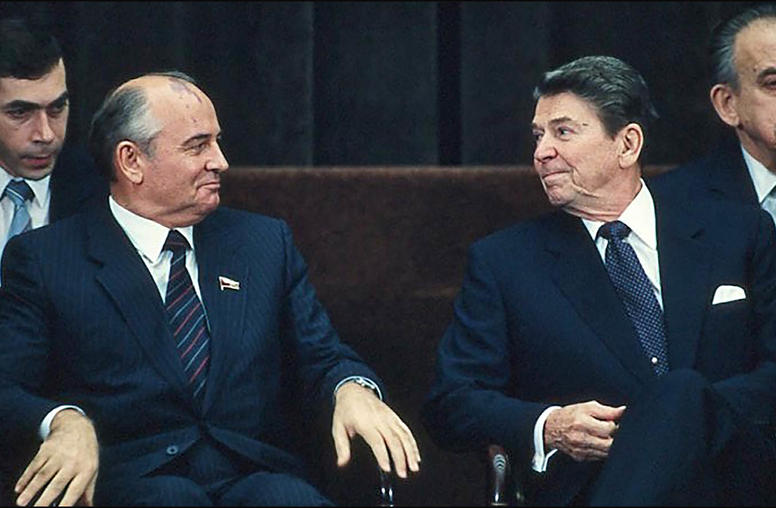
Building Peace with Russia: Lessons from Gorbachev
Mikhail Gorbachev enters history as a tragic figure—a pragmatist who ruled the Soviet Union for 66 months, believing he could save its dysfunctional, Russian-led imperium with liberalizing reforms. Yet Gorbachev’s struggle to humanize the Soviet machine led to its collapse. And while he and his Western counterparts managed to end the Cold War, Gorbachev in his final months watched his successor ignite in Ukraine a catastrophic version of the bloodshed he had labored to avert in Europe. Whenever Russia and the world might rebuild the kind of peacemaking moment that Gorbachev’s pragmatism presented 40 years ago, his legacy will help shape it.
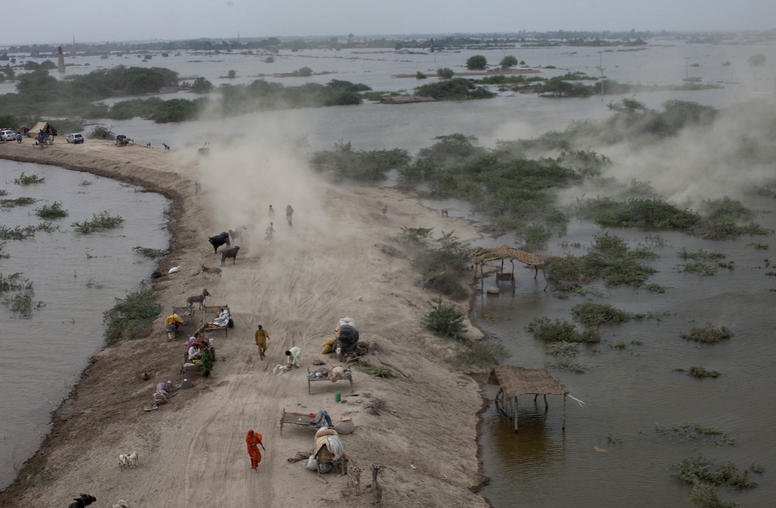
Pakistan’s Deadly Floods Come Amid Deluge of Crises
After experiencing its hottest months in 61 years in April and May, Pakistan has been hit by a “monsoon season on steroids,” according to U.N. chief Antonio Guterres. Pakistan has long been considered one of the most vulnerable countries to climate change in the world. Despite a history of intense floods, the country was ill-prepared for this year’s monsoon season. Intractable political and economic crises have hampered Pakistan’s capacity to address the ongoing fallout, particularly the worsening humanitarian crisis.
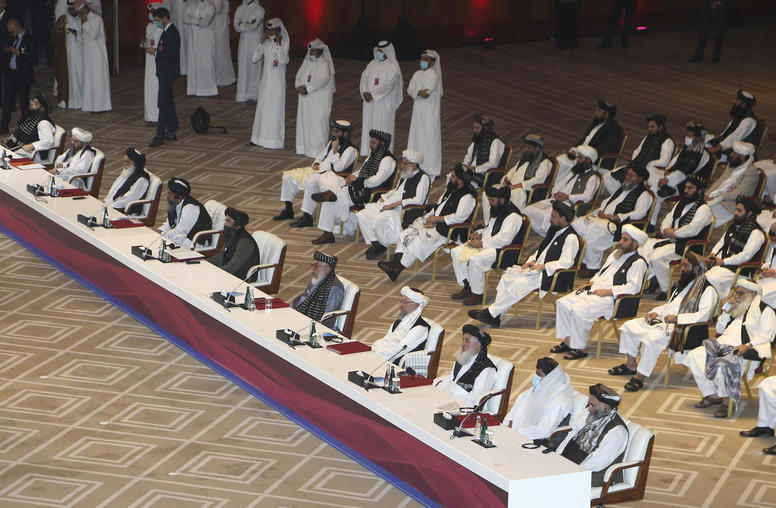
Why Was a Negotiated Peace Always Out of Reach in Afghanistan?
August 30, 2022, marks the one-year anniversary of the last US troops leaving Afghanistan. During America’s 20-year military intervention, there were several opportunities to negotiate peace among the Taliban, the Government of the Islamic Republic of Afghanistan, and the United States—but these opportunities were missed, went unrecognized, or were deliberately spurned by one or more of the parties. In this important history, Steve Brooking, the first British official sent into Afghanistan after 9/11, examines why the three parties were unable or unwilling to reach a negotiated settlement.

Belquis Ahmadi on Afghanistan a Year After the Taliban Takeover
A year on, the situation in Afghanistan is “looking really grim” as women and girls have lost the gains made over the past two decades and the country’s humanitarian crisis continues to spiral, says USIP’s Belquis Ahmadi. “The Taliban are trying to erase women from society.”
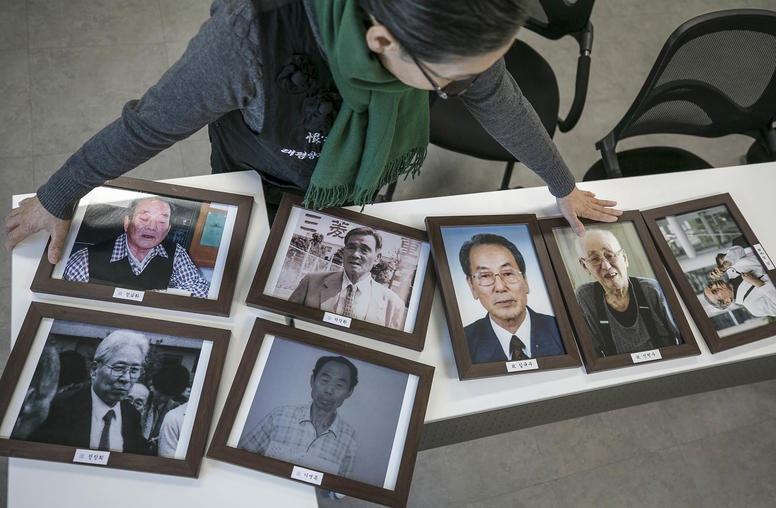
Resolution of Korean Forced Labor Claims Must Put Victims at the Center
In 1965, Japan and South Korea signed numerous treaties and agreements to normalize relations, including the Treaty on Basic Relations reestablishing diplomatic relations and a Claims Agreement settling property claims among the two countries and their nationals. These agreements have failed to resolve bilateral tensions stemming from the claims of Koreans who were subjected to forced labor by Imperial Japan during World War II. Some parties have called for a legal resolution based on the arbitration clause in the Claims Agreement. However, major issues would arise if the two countries pursued arbitration.
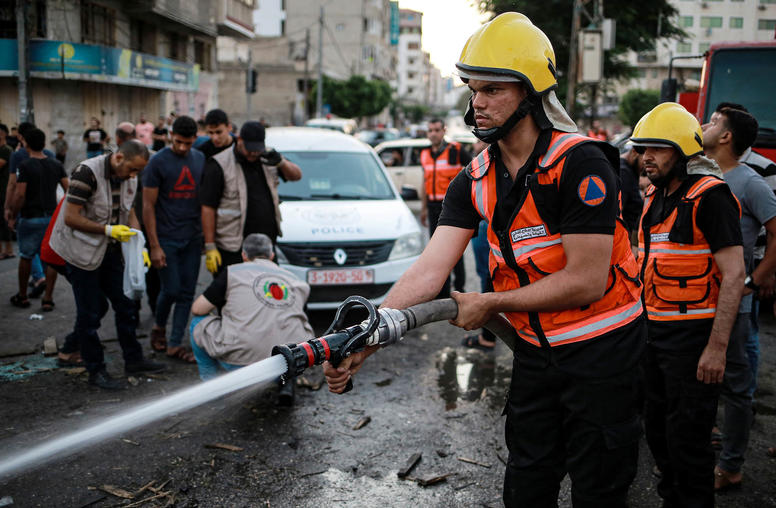
Israel-Gaza Conflict: A Short Confrontation with Disproportionate Implications
No one was ever in doubt about the damage that the Israeli army can inflict on Gaza, or in the occupied territories in general, in any military confrontation. The gap in the balance of power is one of the widest in the region. This has been the case in the wars that took place in 2008, 2012, 2014, and 2021, and in the latest military attack that ended on August 7, 2022. The duration of the conflict, the extent of the destruction in Gaza, the regional and international response and other factors varied widely. However, unsurprisingly, like in previous confrontations, each side claims that to some extent it was able to achieve its objectives.
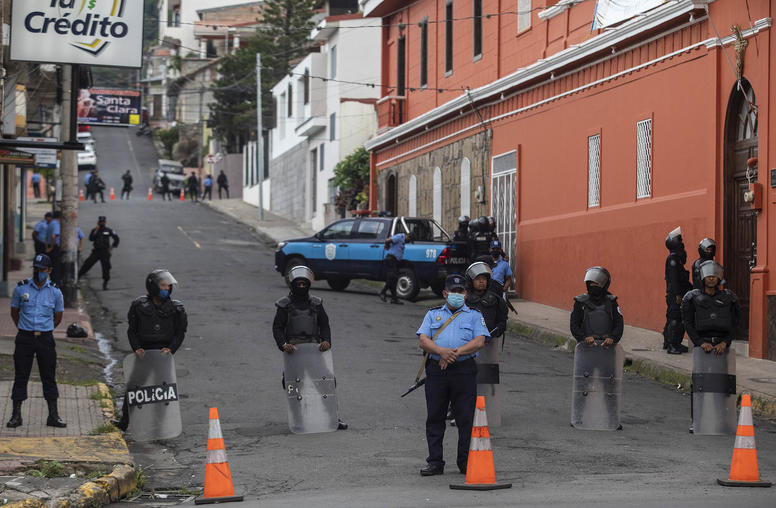
Will Other Central American Leaders Follow Nicaragua’s Authoritarian Lead?
The Nicaraguan government has intensified its confrontation with one of the country’s most popular and historically powerful institutions: the Catholic Church. Police raided the episcopal rectory in the northern city of Matagalpa on August 19, placing a bishop, five priests and two seminarians under arrest. In recent weeks, President Daniel Ortega has shut down seven Catholic radio stations, expelled missionaries and banned religious processions in an effort to silence dissent — even at the risk of alienating the country’s fervently Catholic population.
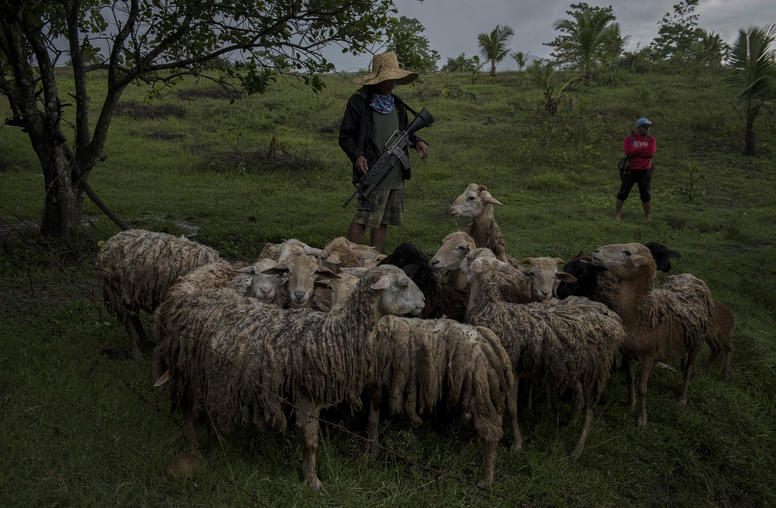
The Importance of Settling Clan Feuds for Peace in the Philippines’ Bangsamoro Region
Clan feuds, or rido, are a constant threat to peace and stability across the territories of the Bangsamoro Autonomous Region of Muslim Mindanao (BARMM) in southern Philippines. Armed conflict displaces tens of thousands of people in Mindanao each year and rido is one of the causes of these displacements. The persistent cycles of rido contribute to other forms of social issues and violence, ranging from child exploitation to violent extremism.

¿Seguirán otros líderes centroamericanos el liderazgo autoritario de Nicaragua?
El gobierno de Nicaragua ha intensificado su enfrentamiento con una de las instituciones de mayor arraigo e históricamente poderosas del país: la Iglesia Católica. La policía allanó la rectoría episcopal en la ciudad norteña de Matagalpa el 19 de agosto y arrestó a un obispo, cinco sacerdotes y dos seminaristas. En las últimas semanas, el presidente Daniel Ortega cerró siete estaciones de radio católicas, expulsó a misioneras y prohibió las procesiones religiosas en un esfuerzo por silenciar a la disidencia, incluso arriesgando contrariar a la fervientemente católica población del país.
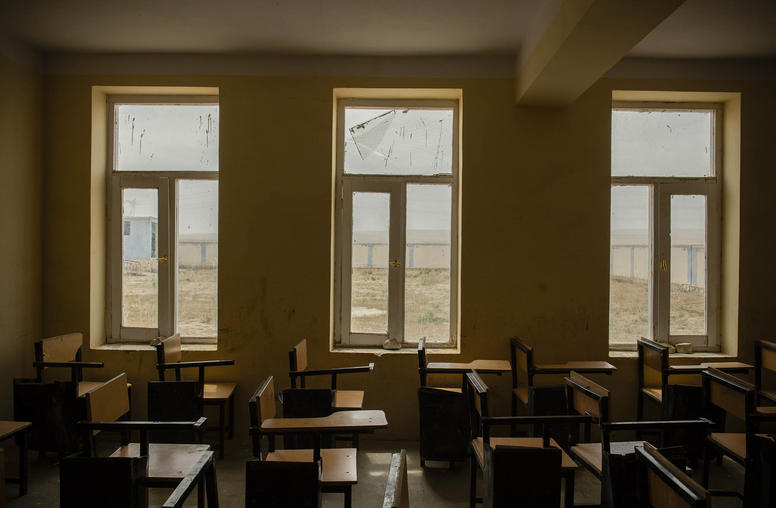
After a Year of Taliban Rule, Advances for Afghan Women and Youth Have All but Evaporated
Despite prior assurances that they had moderated their positions, the past year of Taliban rule has been marred by a disturbing rollback of women’s and girl’s basic rights as 20 years of advancements have nearly evaporated. Meanwhile, the current economic crisis has forced young Afghans out of the workforce and left them in dire financial and humanitarian straits. USIP’s Belquis Ahmadi and Matthew Parkes examine how the Taliban’s oppressive policies have affected Afghan women, girls and youth over the last 12 months and offer ways for the United States and international community to support Afghanistan’s next generation.